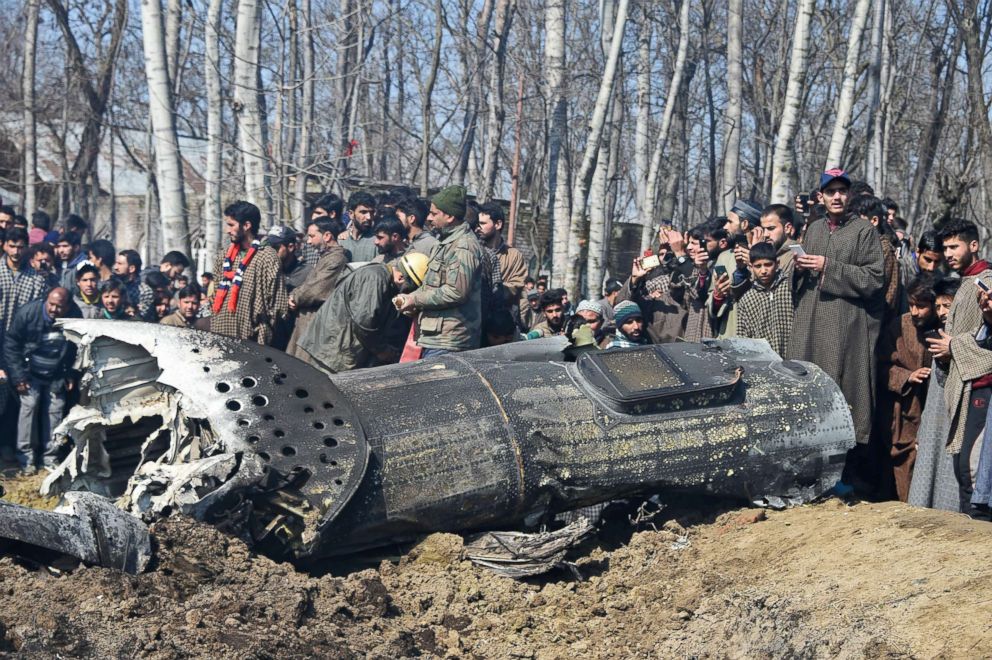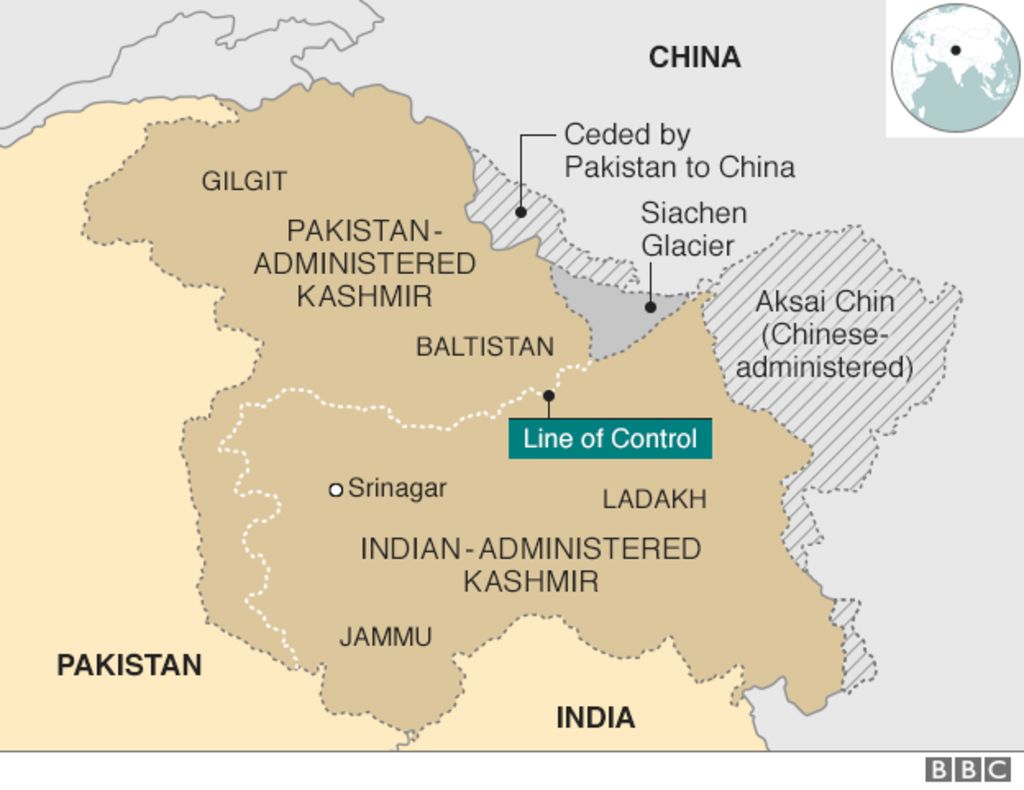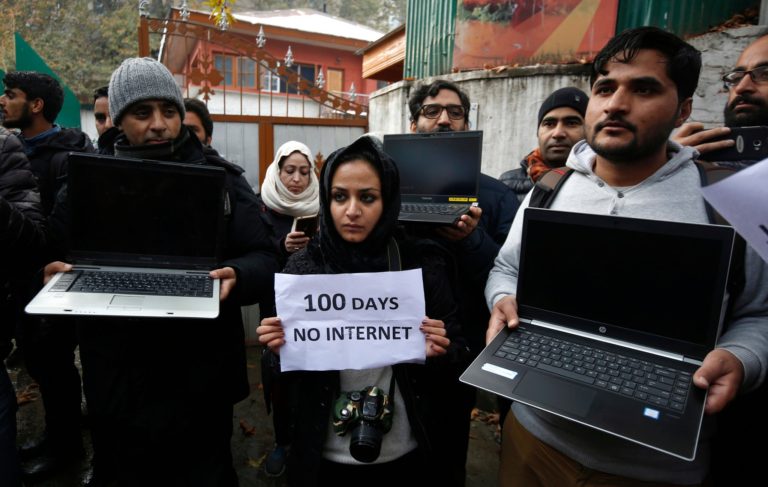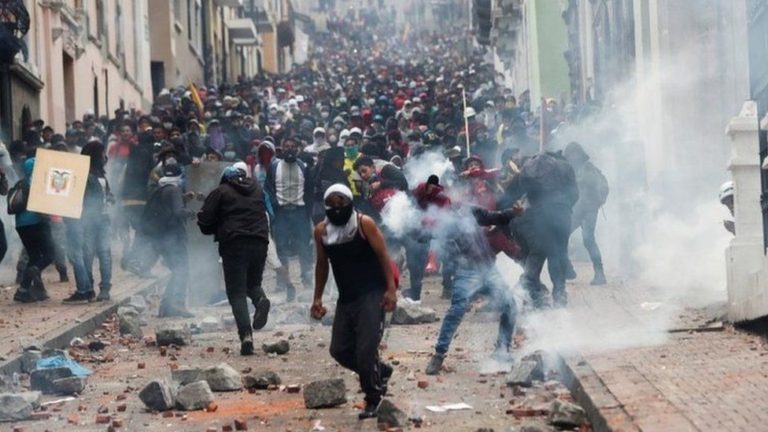
Kashmir, a territory sandwiched between India and Pakistan, has been disputed for decades. Recently, on February 27th, 2019, Pakistan claimed to have shot down two Indian aircrafts that had flown over Pakistan-controlled Kashmir, while India announced that it had sent those two
Kashmir is a region in the northernmost geographical area of the Indian subcontinent. When the British had control over India, Kashmir was merely a princely state under the rule of the British Empire. However, the partition of India in 1947 made the region a disputed territory between India and the newly-formed Pakistan. According to the Indian Independence Act 1947, “the suzerainty of His Majesty over the Indian States lapses, and with it, all treaties and agreements in force at the date of the passing of this Act between His Majesty and the rulers of Indian States”. This meant that the princely states were now given the choice to stay as a part of the Union of India or become a state within the Dominion of Pakistan. The creation of Pakistan was primarily fuelled by the Muslim separatist movement under Muslim League leader Mohammad Ali Jinnah, as the Muslim minority within British India felt underrepresented and unaccounted for amongst the dominant Hindu population.
The issue with Kashmir at the time was the representation of the state’s population. While Kashmir was a predominantly Muslim state in terms of civilian population (77 percent of Kashmiri people identified as Muslim in 1947), the princely leader of the state, Maharaja Hari Singh, was a Hindu. This created an internal conflict, as Singh wanted to remain within India, whereas the population of Kashmir, although mostly Muslim, still had Hindu and Sikh minorities. Ultimately, the autonomy to decide this was in Singh’s hands, and he chose to remain independent due to the complexity of the state’s religious differences. A series of armed conflicts orchestrated by the Indian Muslims, Indian Hindus, and Pakistanis followed, which was further complicated by two major wars, the Indo-Pakistani wars of 1947 and 1971.

The most recent attack on February 27th resulted in the
The Kashmir conflict is not just a representation of the demand for political superiority, but speaks to a larger issue of religion-fuelled conflict. The Muslims, Hindus, and Sikhs of Kashmir have been given the backseat in terms of importance, and the value of their lives continues to diminish with every armed conflict. Families are displaced, and bomb shelters have become part of the norm of Kashmiri culture. The human rights violations committed in Kashmir have remained unspoken for by both India and Pakistan. It hasn’t stayed a matter of who deserves the state more, but which country can intimidate the other into handing over control. India and Pakistan’s bitter and complicated history has always been grievanced by religious differences, but the death toll in Kashmir as a result of armed conflict has made it impossible to ignore that even in this day and age, nations continue to pride the appearance of power over the lives of the people.



